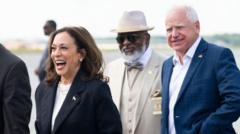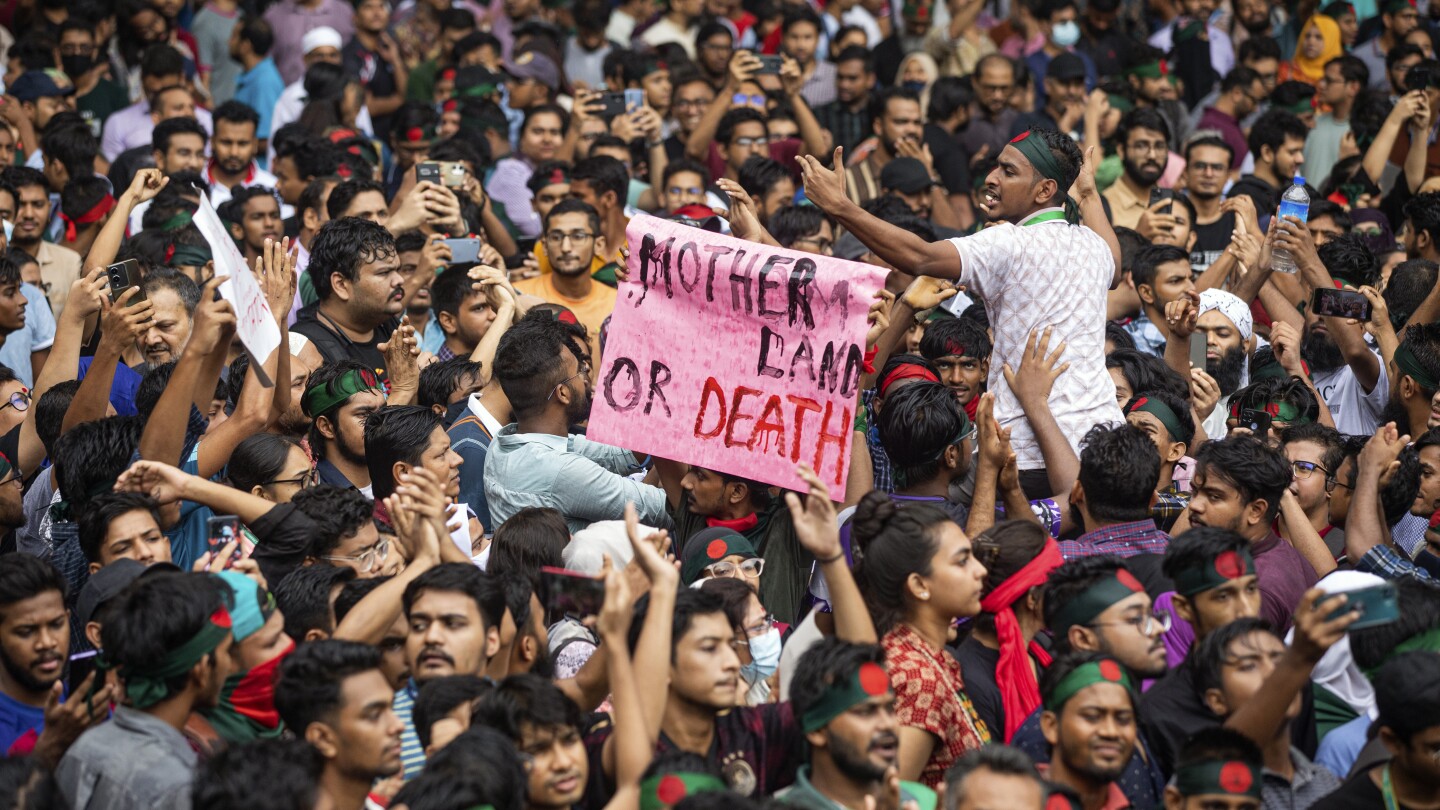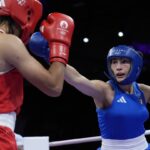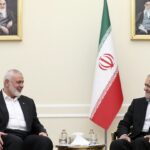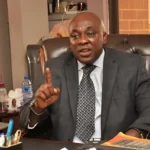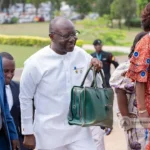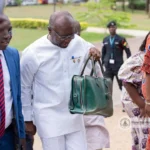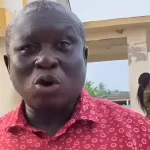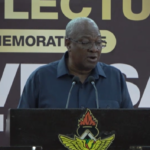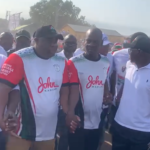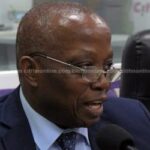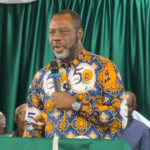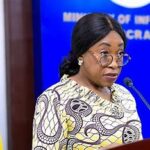By JULHAS ALAM
DHAKA, Bangladesh (AP) — Thousands of people from all walks of life gathered in Bangladesh’s capital to demand justice for more than 200 students and others killed in a wave of violence last month amid protests against a controversial quota system for government jobs.
The protesters chanted anti-government slogans, such as “Justice, Justice, We want justice” and “Resignation, resignation, Sheikh Hasina’s resignation,” as the wave of protest widened beyond students. Elsewhere in Dhaka, hundreds of others including students, parents, doctors and teachers rallied.
The protest was peaceful as processions streamed toward the central Shaheed Minar, a monument to people killed in 1952 during a protest demanding that the then-ruling Pakistani government recognize Bengali as a state language. Bangladesh was the eastern part of Pakistan until it won independence in 1971 through a bloody war, aided by India.
As protests continued to spread, Prime Minister Sheikh Hasina on Saturday offered to talk with student leaders, but a coordinator refused in a Facebook post.
Nahid Islam, a leading protest coordinator, wrote: “One cannot ask a killer government for justice or sit for talks with them. The time to ask forgiveness has passed. When there was still time, the government conducted block raids to arrest and torture students.”
The protests began peacefully, but turned violent as students at Dhaka University clashed with police and the activists of a student wing of the ruling Awami League party on July 15. Since then, more than 200 people have died and thousands of others have been injured, provoking outrage.
Authorities closed schools and universities across the country, shut internet and imposed a shoot-on-sight curfew.
The ongoing protests have become a major challenge for Hasina, who returned to power for a fourth consecutive term in January in an election boycotted by her main opponents.
The students demanded an end to a quota system for government jobs that they said was discriminatory. Under it, 30% of such jobs were reserved for the families of veterans who fought in Bangladesh’s war of independence against Pakistan in 1971. Protesters said the quota benefited supporters of Hasina, whose Awami League party led the independence movement under Hasina’s father Sheikh Mujibur Rahman.
Amid heightened protest, the Supreme Court cut the veterans’ quota to 5% on July 21, but protests have continued to spread amid outrage over the violence.
The students placed a nine-point demand including public apology from Hasina and release of all the students arrested and jailed.
Internet service has been restored and banks and offices have reopened, but tensions remain high.


